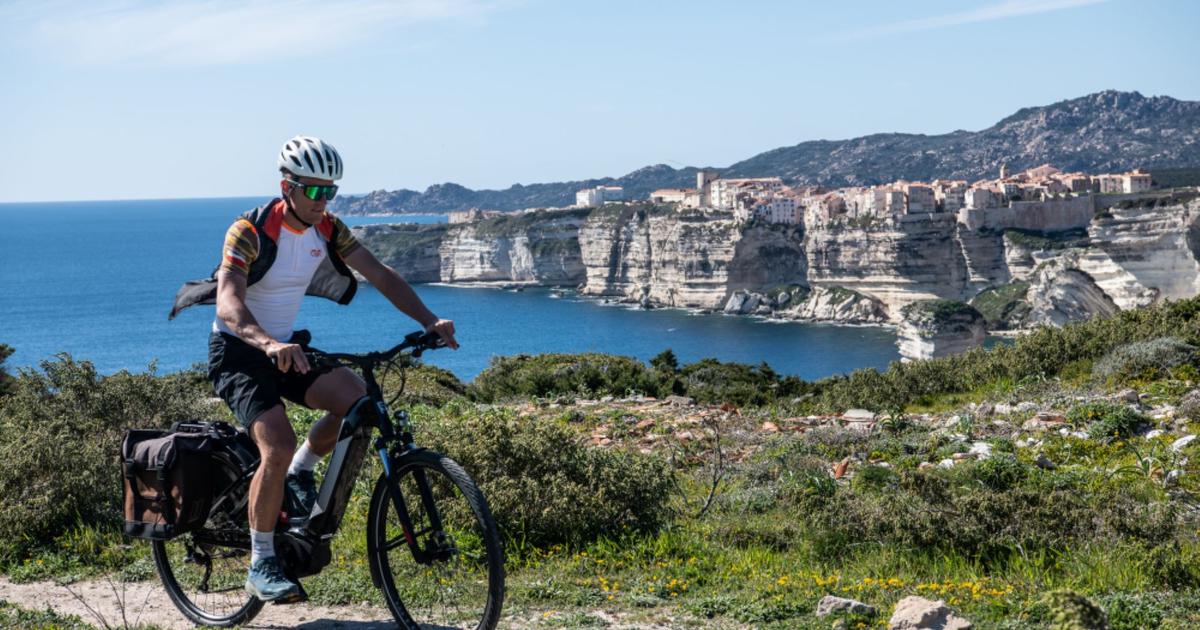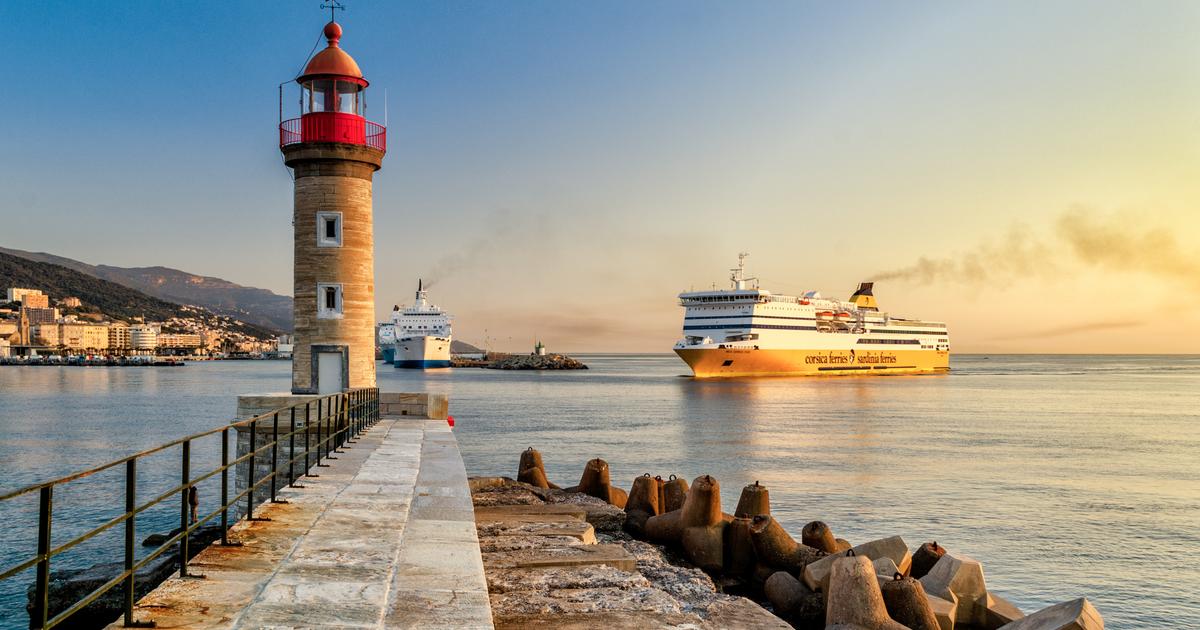How did this rare animal, accustomed to very great depths, lose its life to find itself on a beach on the Isle of Beauty?
This is what specialists are trying to understand after the discovery, this Wednesday, of a 6 m Cuvier's beaked whale weighing one ton, stranded on a beach in Sainte-Lucie de Porto-Vecchio (Corse-du- South).
"She was seen drifting on Monday and discovered yesterday (Tuesday) at the end of the morning in the town of Sainte-Lucie de Porto-Vecchio", said Catherine Cesarini, president of the association "Cétacés Association Recherche Insulaire" (CARI) which took samples from this adult male specimen on Wednesday morning.
"The animal was in a place that was not accessible to the renderer, it was stuck in the rocks, so the town hall sent a boat which towed the animal to bring it near the lay-out. water in order to allow its evacuation”, explained this cetologist who is responsible for Corsica for the National Stranding Network (RNE).
This network intervenes, at the request of the public authorities, in the event of the stranding of marine mammals.
15 to 20 cetaceans are beached each year in Corsica
“I cannot establish the causes of death but there was an anomaly in the lungs,” said Catherine Cesarini, according to whom collisions with these large cetaceans are increasingly rare.
Cuvier's beaked whale is "a deep diver", up to 1,500 m, "a fairly rare animal, which is not easily observed, shy at sea".
“In the literature, often they have problems because they come up very quickly from great depths following sounds propagated by submarines or sonars,” she explained.
The samples taken are not intended to establish the cause of death but to "learn as much as possible about what nature gives us without taking samples from the populations", she also indicated.
Read alsoCalais: he discovers a humpback whale of ten meters and more than 20 tons stranded on the beach
“We will look for heavy metals in the bacon to find the pollutants, we will look at the stomach contents to find out the diet, possibly with the interaction with fishing, we will also look at sexual maturity,” she said. detailed.
All cetaceans combined, "there are an average of 15 to 20 per year" which wash up on the entire Corsican coast, knowing that, according to estimates, "only 10% of individuals who die at sea are brought back to the coast by the waves and the current”.
Most disappearing offshore.













